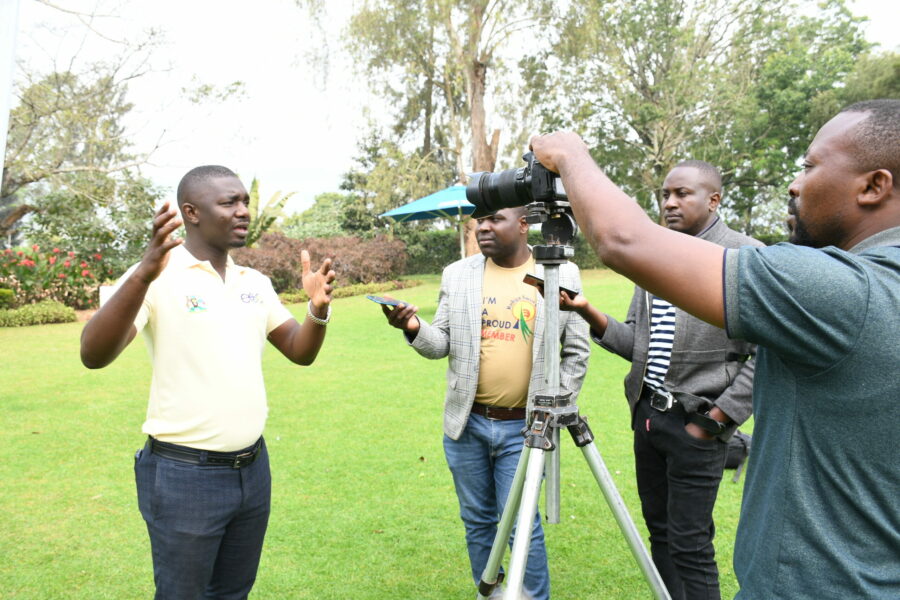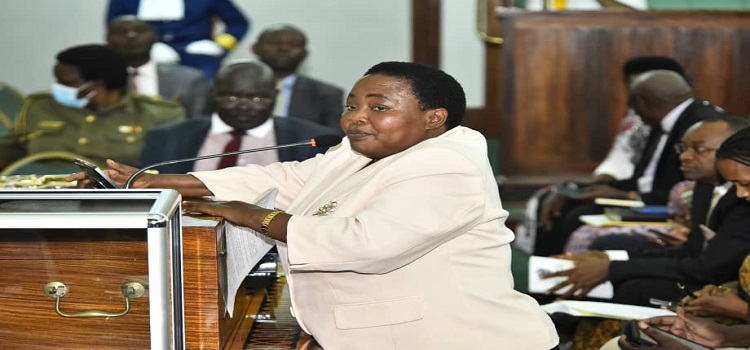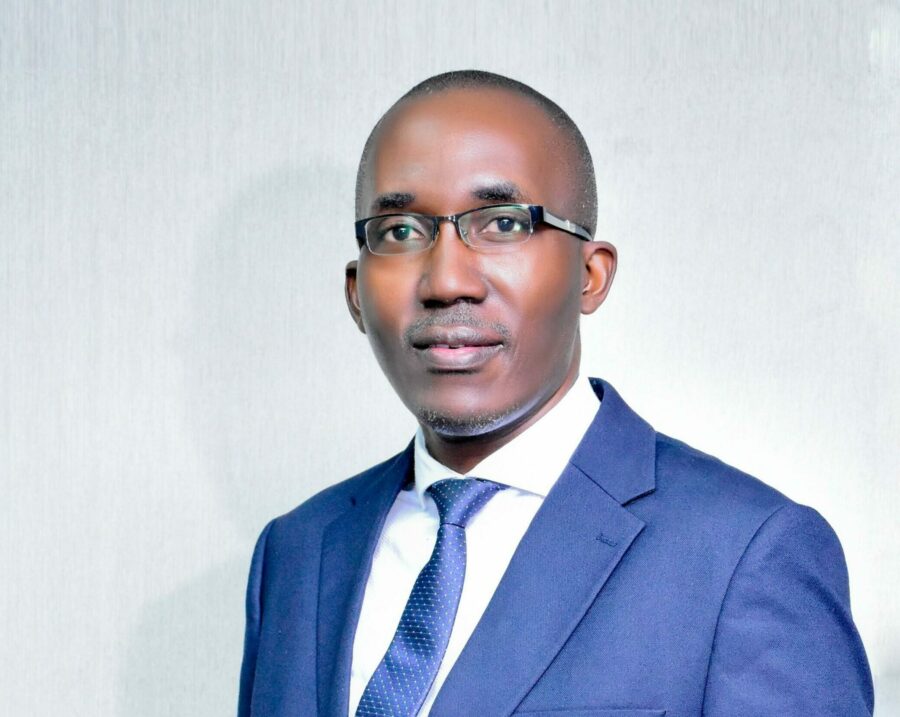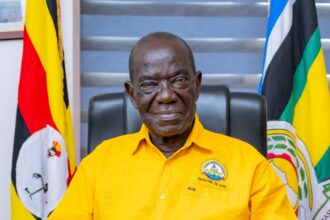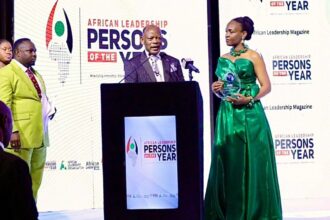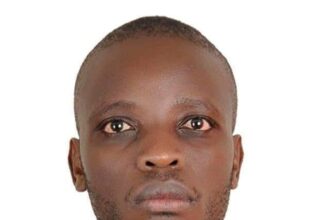The Equal Opportunities Commission has pleaded with Journalists not to abandon reporting about the marginalized Batwa Community.
This was after a section of Journalists operating in Kigezi sub-region expressed frustration that their long time coverage of issues affecting the Batwa tribe in Kigezi highlands, has not yielded desirable results.
According to the Equal Opportunities Commission, the Batwa tribe in Kigezi, Southwestern Uganda is one of the most vulnerable and marginalized ethnic minority groups in Uganda. Others are the IK, who live on the edge of the Karamoja-Turkana region along the Uganda-Kenya border, Benet, also known as Ndorobos, in hard to reach parts of Mt. Elgon in the north-eastern part of Uganda, and the Tepeth, also referred to as the Soo, in Mount Moroto.
However, during a dialogue between officials from the Equal Opportunities Commission and Journalists from Kigezi sub region today, Uganda Radio Network News Reporter, Samuel Manya and Nantaba Lukia of NBS T.V expressed concern that despite writing uncounted news stories about the plight of the Batwa, Government has done little or nothing to change the status quo.
Ms. Nantaba said she suspected that a section of Government officials was benefitting from keeping the Batwa marginalized, before she added that she felt “tired” of reporting about the same things that never change about the Batwa.
“I personally feel frustrated and tired of reporting these things. We have reported so many stories about their problems hoping that Government would take action, but it seems there are some big people up there, who wouldn’t want the Batwa to get out of their current situation,”Nantaba said.
Vision Group Journalist attached to the New Vision and TV.West, Job Namanya Apuuli blamed the unending suffering of the Batwa to Non-Governmental Organisations and Tourism Companies that have used the troubled tribe as tourist attraction and charity projects.
“We have people that have turned the Batwa into money making projects such as tourism and charity. There are NGOs writing proposals to get funding from the foreign donors in disguise of planning to help the Batwa. These NGOs get huge sums of money, but they only spend peanuts on the Batwa for accountability purposes,” Namanya said, before vowing to continue writing stories about the plight of the Batwa until there’s change.
The Equal Opportunities Commission Senior Communications Officer, Yusuf Muziransa asked the journalists not to give up on the Batwa. Muziransa revealed that the Commission was aware of the Batwa’s plight, especially homelessness, adding that soon Government through office of the Prime Minister would resettle them in permanent homes.
Rubanda District LC.5 Youth Councilor Wilfred Arinda Nsheeka also pleaded with journalists not to abandon writing about the Batwa’s marginalization, arguing that journalism was the only effective advocacy platform left for the troubled community.
“This is the time when Batwa need journalists more than before. I therefore request journalists not to get tired, because they remain the best hopes for the Batwa,” Arinda said.
ABOUT THE BATWA
The Batwa are formerly nomadic hunter-gatherers who once roamed widely across the forest areas stretching across much of what is now Uganda, Rwanda, Burundi and the Democratic Republic of the Congo. Forced into smaller areas of the forest over the centuries by other ethnic groups who were farmers and who cleared the trees, the Batwa populations managed to preserve their traditional way of life in the forests until the early 1990s.
In 1991 Government of Uganda gazetted Bwindi, Mugahinga, and Ecuya forests in Rubanda, Kisoro and Kanungu Districts as conservation areas, forcing the Batwa to live on the edges of the national parks, and forest reserves. They were unable to return to hunting small animals, collecting wild honey or gathering fruit, and found their traditional skills and vast knowledge of the forest ill-suited to life outside it. There was no effort to obtain the consent of the Batwa, or even to explain what was happening, nor was there any compensation, as Government evicted them from the forests.
Though some received land from Charity organizations, they don’t have land ownership, and most are working their neighbors’ fields for a pittance while watching as tourists arrive with $600 government permits to visit the mountain gorillas in the wooded hills and valleys that were once home.
The Batwa are among the poorest inhabitants of one of the world’s poorest countries. The community, estimated at 6,000, is so disadvantaged that when about here years ago a Mutwa graduated from university, it made headlines in the News Stories.
Do you have a story in your community or an opinion to share with us: Email us at Submit an Article



